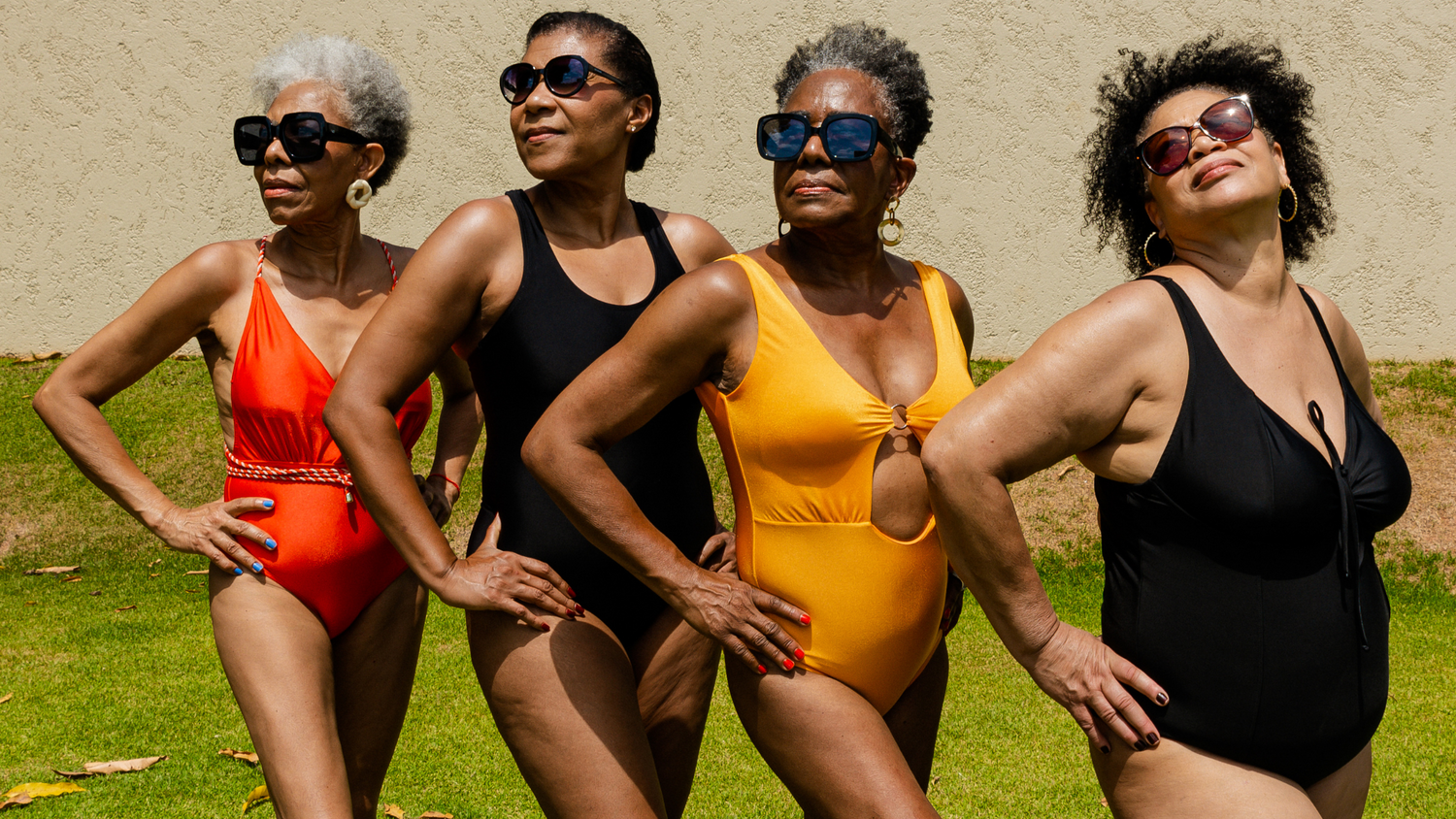Your skincare routine during menopause may need to look different from your pre-menopausal routine. Menopause can lead to dry skin, and the natural process of aging will lead to wrinkles. Taking good care of your skin can help keep it in the best condition, and it can help your self-image as well.

What Happens to Your Skin During Menopause
Estrogen production slows down significantly during menopause, and the lack of estrogen can cause hair to grow in places it did not before—your face, for instance. The hormone level changes can also cause acne that typically sprouts around your chin, neck, and décolletage. The loss of estrogen may also result in less elasticity and collagen, more vascularity (visible veins), and dryness. Your skin also becomes more prone to sun damage, and skin cancer that masquerades as age spots can crop up, so it’s essential to be vigilant.
How to Take Care of Your Skin During Menopause
Menopause isn’t all bad news for your skin. Thanks to a larger number of women speaking out about their menopausal skin changes, more products and treatments exist to serve this demographic now than ever before. Many dermatologists recommend pampering your skin rather than using aggressive treatments to try to roll back the clock. To mitigate some of the effects of menopause, use a gentler soap than you did before, which helps retain some of your skin’s natural moisture. Keep your skin hydrated by choosing warm water—not hot—during showers, and applying a moisturizing cream on your face while it’s still wet. Using a gentle exfoliator will slough off dry skin and give you a refreshed glow. Incorporating soy into your diet can also help diminish the effects of reduced estrogen production and give your skin a boost at the same time. Lastly, but most importantly, consider quitting smoking. Smoke can alter the appearance of your skin for the worse, not to mention the many other unhealthy side effects it has.

It’s not just the skin on your face that changes during menopause—your whole body is affected. Don’t forget your hands when you’re moisturizing, as the skin on your hands will change during menopause, too. Your hair may need some extra moisture, so invest in a good conditioner as well. If your skin seems extremely dry, ask your doctor to check your thyroid to rule out any possible conditions that may exacerbate your dry skin.
Your Vaginal Skin Changes, Too
The thinning and drying out of your skin happens all over your body, and when it occurs vaginally, the result can be quite uncomfortable. Estrogen helps keep your vagina lubricated, and vaginal atrophy affects up to half of post-menopausal women when their estrogen production subsides. This condition can cause frequent urination, pain during sex, and unhealthy vaginal tissue that tears or bleeds easily. Worse yet, vaginal dryness tends to get worse over time—not better. So, if you feel uncomfortable, seek out a solution. Membrasin® offers a hormone-free supplement and a topical cream to support vaginal moisture. The Vitality Pearls nourish the mucous membranes, and the Intimate Moisture Cream helps relieve vaginal dryness topically. Try the 2-Step Starter Pack today!






